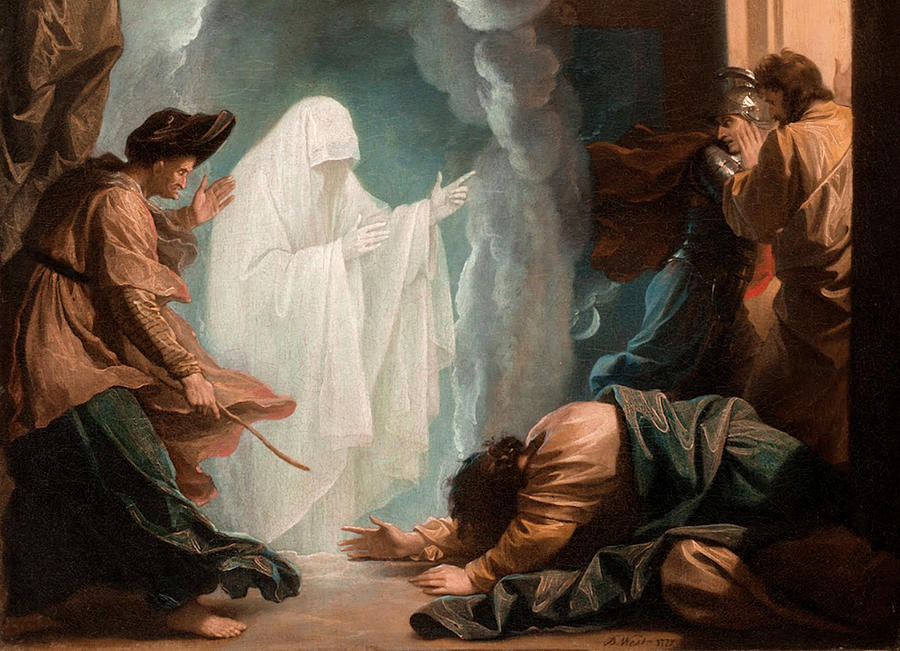Did King Saul really talk to the spirit of Samuel, or was it a demonic impersonation?

The question presupposes that there are only two options—that he was talking to the real Samuel or to a demon.
The Philistines threatened war in the Jezreel Valley. Out of fear Saul sought a word from the LORD. Ironically, Saul, who had once despised the LORD’S will (14:18–19; 15:26), could not discover it now that he desperately needed it (compare 28:16). When God refused to answer Saul through legitimate means, Saul sought a spiritual medium (28:1–7).
By deceiving the witch at Endor, Saul convinced her to bring Samuel from the dead. Much to her surprise, the appearance was a genuine one, and by it, she discovered Saul’s true identity. God intervened in an unprecedented way and actually sent Samuel to prophesy Saul’s judgment (compare 15:27–29). Samuel condemned Saul to death because he “did not obey the LORD” (28:18). So great was Saul’s despondency that he could not continue. At the urging of Saul’s men and the sorceress, he took food to strengthen himself for his travel (28:8–25).
The passage contrasts the true prophetic word of Samuel with Saul’s attempt to consult the dead (compare Saul’s condemnation in 1 Chr 10:13–14). The prophetic word would be fulfilled, and Saul could not hope to escape it.
Witches are supposed to have the ability to manipulate evil powers by magic.
The witch of Endor, 1 Samuel 28, was a medium who claimed contact with the spirit world. King Saul knew that it was wrong to consult mediums. He had even outlawed them, yet he went and consulted the witch of Endor. For this Saul stood guilty before God.

SAUL’S EPITAPH
“Saul died because he was unfaithful to the Lord; he did not keep the word of the Lord, and even consulted a medium for guidance, and did not enquire of the Lord.” 1 Chronicles 10:13–14
This is the only biblical account of someone being visited by someone who was deceased. Saul, having deprived himself of every legitimate means of spiritual input as a result of his own disobedience and rebellion, walked in foolishness again by seeking out the very resource (a medium) he had previously removed from the land. By divine law, mediums and spiritists were banned from Israel (Deuteronomy 18:11), and Israel was not to be defiled by them (Leviticus 19:31). That the king would stoop to this indicates how far he had fallen from God’s grace.

Other scholars state that it is genuinely possible for witches or mediums to speak with the dead, only that God allowed it in this one exception. When a person dies, his soul is taken to heaven or hell, depending on whether he has placed his faith in Christ (Matthew 25:46).
There is no reason to believe that a deceased person has any ability to leave heaven or hell in order to visit his living family members. Any such claim is a demonic deception (2 Corinthians 11:14–15). God declared such practices to be abhorrent to Him, and those who did practice such things in Israel were to be put to death (Leviticus 20:27; Deuteronomy 18:10–12). Satan would like nothing more than for people to dabble in the occult world of spiritism and necromancy. God’s commandments regarding these things are designed to protect us from the schemes of our enemy, the devil, who “prowls around like a roaring lion looking for someone to devour” (1 Peter 5:8).
What does the New Testament say about witchcraft?
Witchcraft is listed as being one of the acts of the sinful nature:
“The acts of sinful nature are obvious: sexual immorality, impurity and debauchery; idolatry and witchcraft …” Galatians 5:19–20
The book of Revelation condemns sorcery in the strongest terms:
- “But the cowardly, the unbelieving, the vile, the murderers, the sexually immoral, those who practice magic arts, the idolaters and all liars—their place will be in the fiery lake of burning sulphur.” Revelation 21:8
- “Outside are the dogs, those who practice magic arts … and everyone who loves and practices falsehood.” Revelation 22:15
WHAT’S THE CONCLUSION?
- "You must be blameless before the Lord your God.” Deuteronomy 18:9–13

